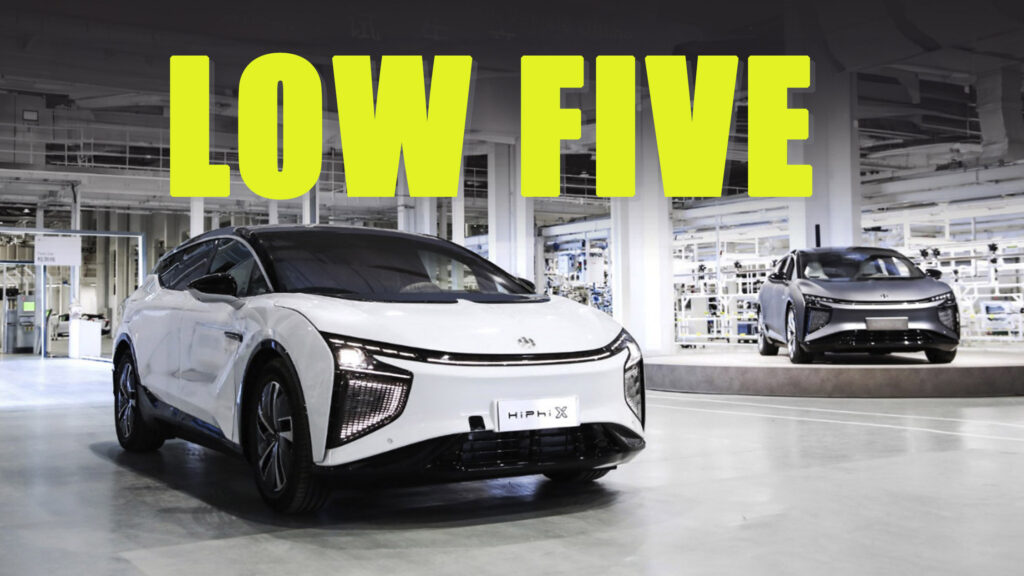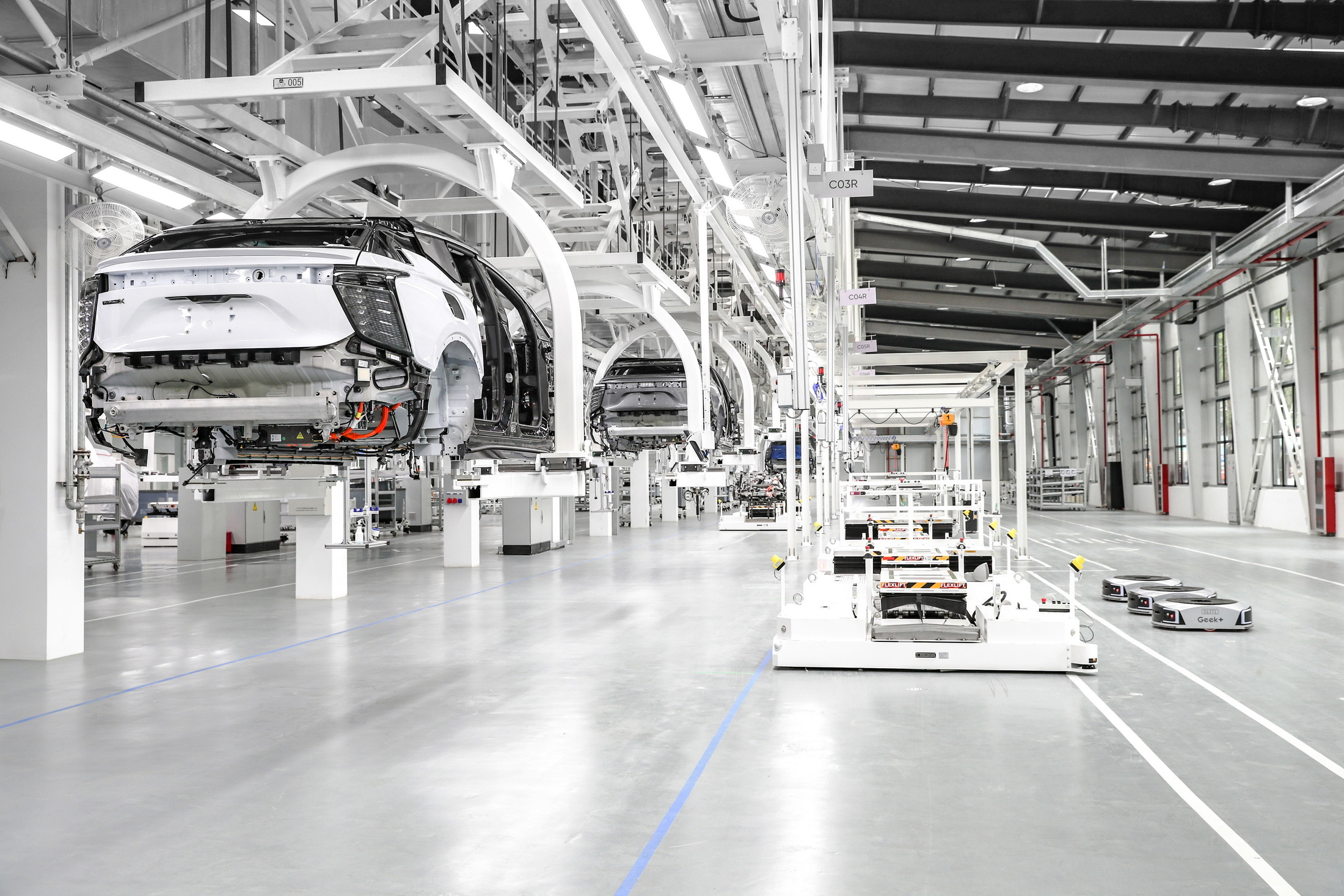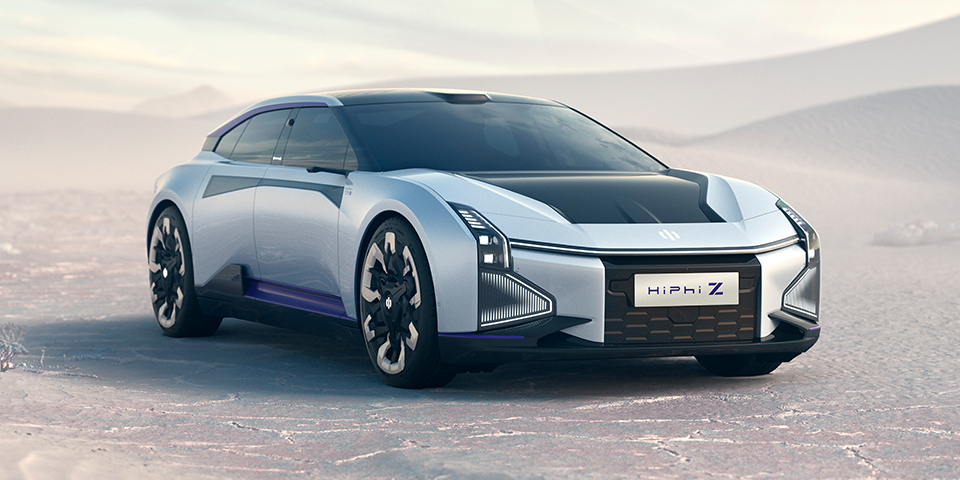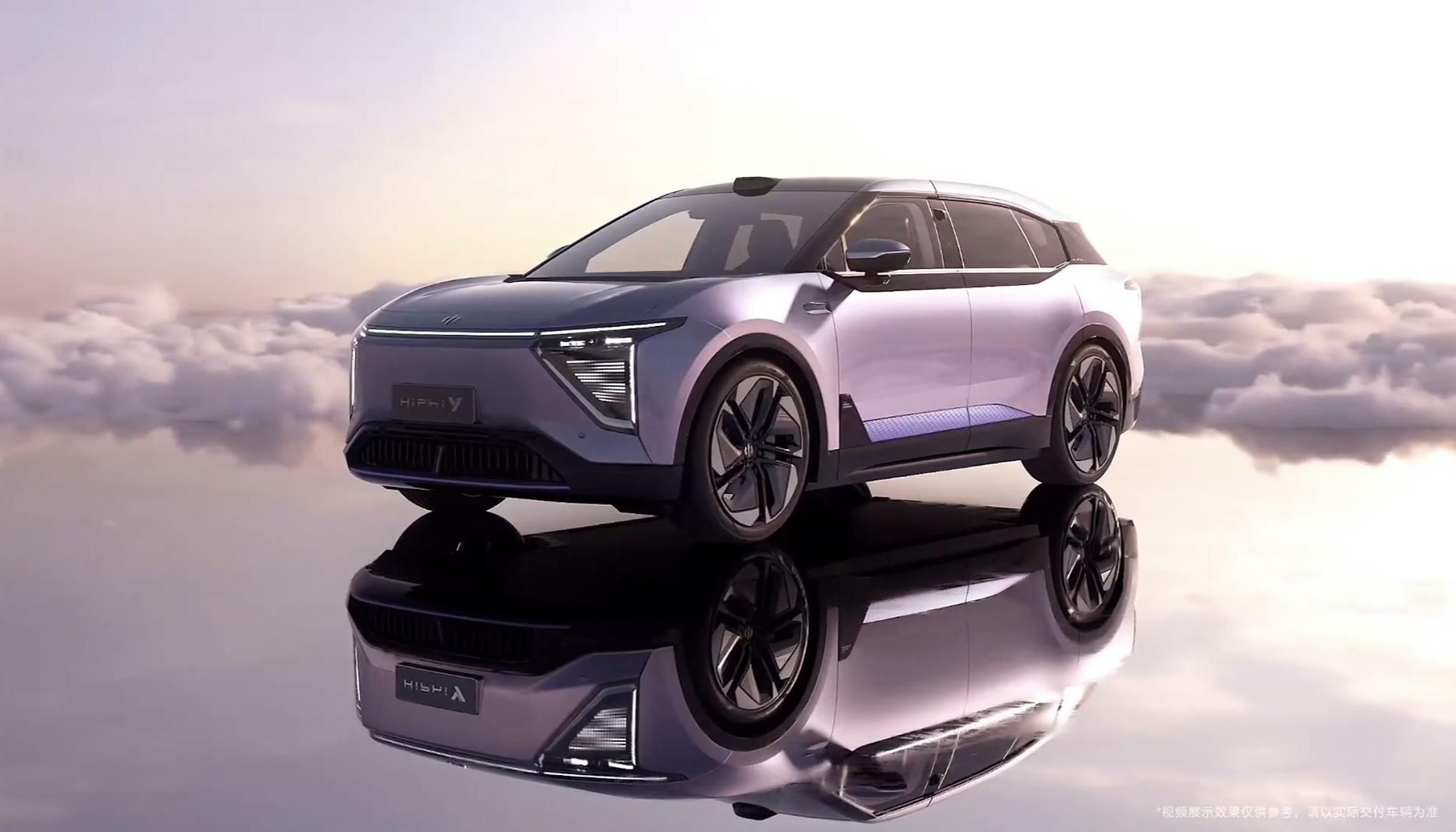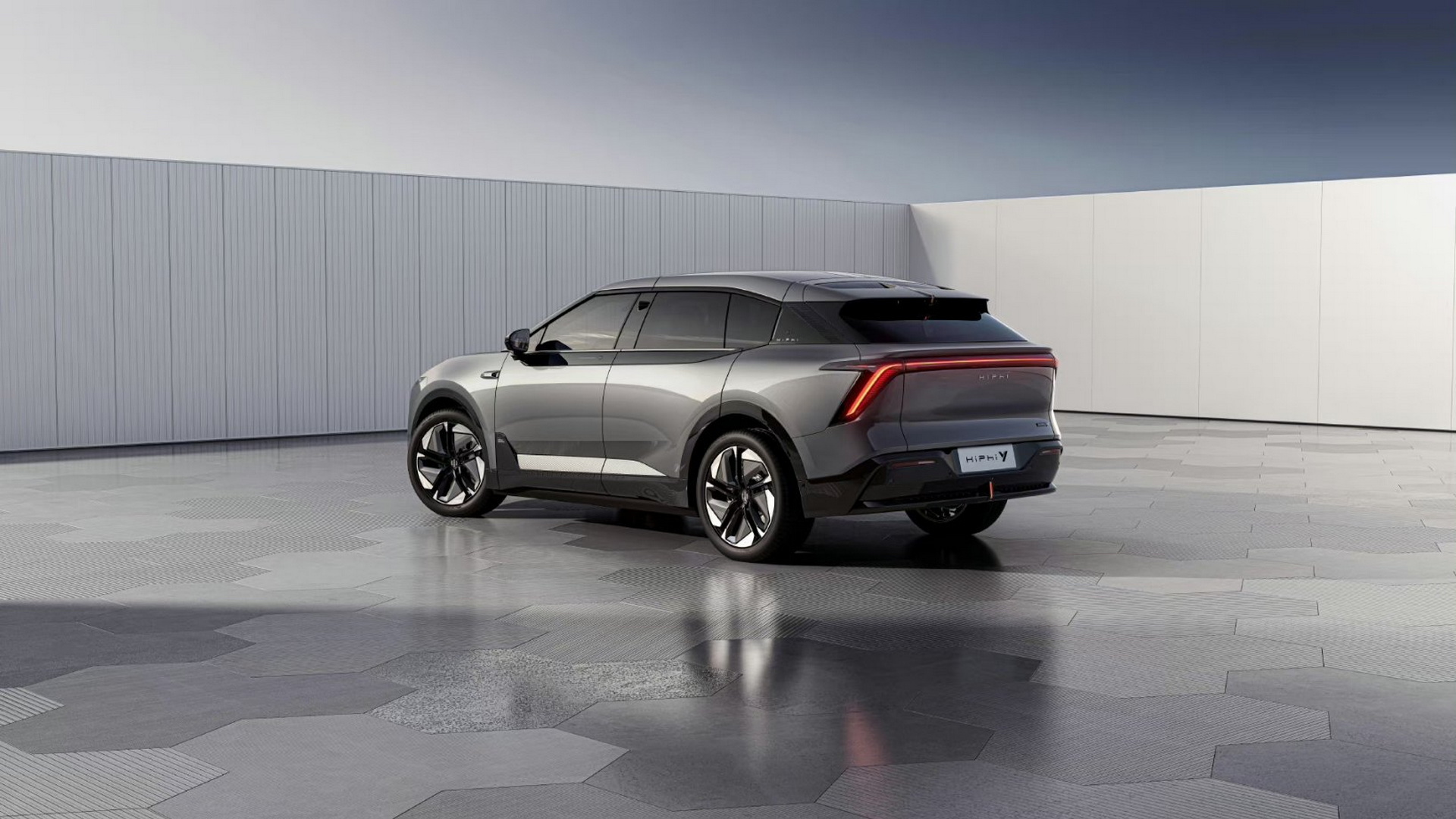While China might be the largest car market in the world and account for around 60 percent of global EV sales, domestic automakers are struggling to become profitable in a highly competitive environment. The latest example is HiPhi, a luxury EV brand by Human Horizons, which was reportedly forced to suspend all production for six months, raising questions about its future.
Shanghai-based HiPhi was established in 2017, but its first model wasn’t delivered until 2021. Today, it offers a three-model range comprising the Z, the X, and the Y, with the performance-focused A coming soon. The decision to halt production for six months was announced after an internal meeting on February 18 and is effective immediately.
More: 1,287 HP HiPhi A Thinks The Model S Plaid Is All Go And Not Enough Show

Citing an insider source, local media outlet Jiermian reports that HiPhi employees will receive regular payments for the period up to February 18, although their January salaries have yet to be paid following a postponement. Those who remain with the company until March 15 will be downgraded to the minimum wage, with the possibility of an expanded scheme available only to Shanghai employees.
We don’t know how the production halt and the financial woes will affect HiPhi’s rollout in Europe and the the US$5.6 billion joint venture in Saudi Arabia for manufacturing and selling EVs.
HiPhi is not the only struggling Chinese brand. According to a report by South China Morning Post, only a few EV makers are profitable in China, including BYD and Li Auto. Conversely, many EV startups are facing significant challenges, with more than 15 brands either having collapsed or being on the verge of bankruptcy as of September 2023.
The challenging landscape for electric carmakers in China becomes apparent when examining the numbers. The aforementioned 15 startups have a combined annual capacity of 10 million units, while overall EV sales in China reached 8.9 million in 2023, marking a 37 percent increase compared to 2022. Forecasts suggest that 2024 might pose more challenges for the Chinese market, following a 47.9 percent year-to-year decline in January.




